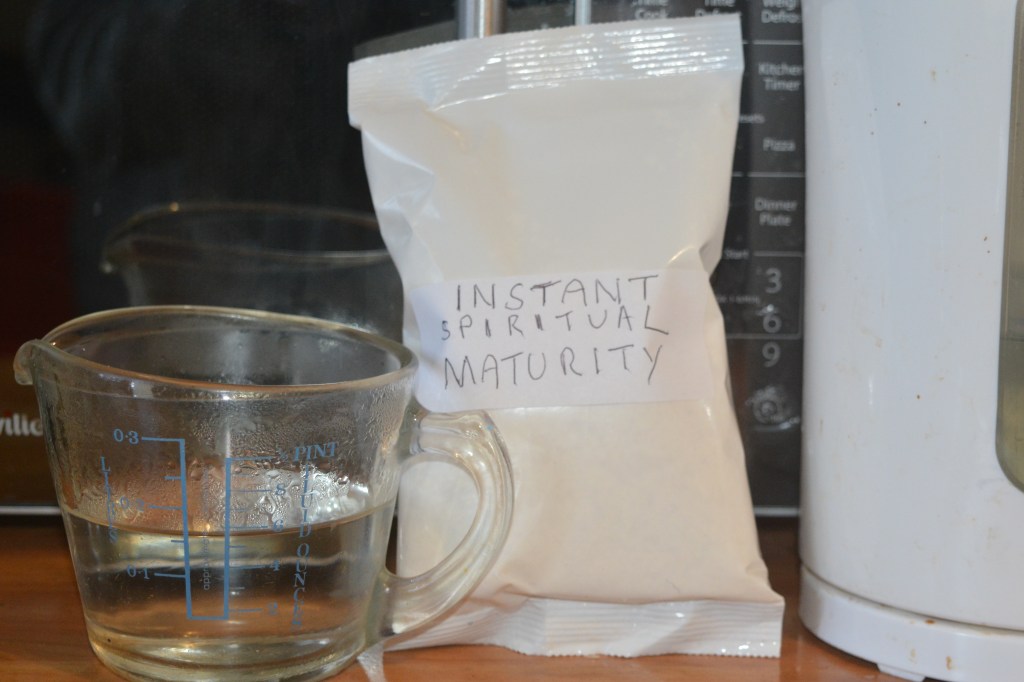
JUST A REMINDER: DAVID SAID “TOUCH NOT THE LORD’S ANOINTED” WHEN HE SPARED SAUL’S LIFE AND NOT WHEN NATHAN CONFRONTED DAVID ABOUT HIN WITH BATHSHEBA.
Recently I was listening to a Youtube video when the woman who runs the channel was commenting on some of the negative comments she has received. One of them she quoted included the phrase “Touch not the Lord’s anointed,” because she was criticising some Christian leader or another. This phrase tends to be trotted out every time a Christian leader is involved in some sort of scandal. But do the people who say this even know the context of when it was first said? Especially, considering the modern Christian is so biblically illiterate. David actually first said it in 1 Samuel Chapter 24 when he was urged to kill King Saul by his men when they were trapped in the back of a cave. Saul wanted to relieve himself and entered the cave unsuspecting that David and his men were inside. Instead he spared Saul but he did cut the corner of Saul’s robe off and then rebuked his men for wanting to kill Saul. But the way the phrase is used today you would think that he had said it to Nathan when he confronted him about his sin with Bathsheba and the murder of Uriah the Hittite.
So what did David originally mean by the phrase? Maybe it would help if we asked what would have happened if he had killed Saul? It might seem a good idea but outside the cave was Saul’s army, no doubt commanded by Abner, who would have wanted to take revenge on the death of his kinsman. So while David might proclaim himself to be king amongst his men it was liable to be very short-lived. In other words it would be a pretty dumb idea to kill Saul on this occasion at least. Another reason is that David might also been concerned that killing Saul might become a precedent that might inspire some of the malcontents that had joined him while he was on the run from Saul. David never again got trapped in a cave or another situation by Saul which suggests that he thought the odds were against him
The second occasion is given in Chapter 26 when the Lord causes a deep sleep on Saul’s army and David and Abishai crept unnoticed into Saul’s tent when David again refused to kill Saul, but instead he took his spear and water jug. Here the fear of being a precedent seems to be the main reason though there were probably others. Such as a fear of waking the rest of the Army.
Yet today it is almost exclusively in situations where a Christian leader is being confronted either theological errors or malpractice, and their defenders attack their critics with this misappropriation of Scripture.
The lesson from history is that just because sin seems to be beneficial in the short term its consequences outweigh them in the end. On the two occasions David used the phrase he was ignoring his followers urging that would have resulted in sin. When David was confronted by Nathan instead of saying “touch not” he said “create in me a clean heart.”
David Gordon Rose, 2025.









